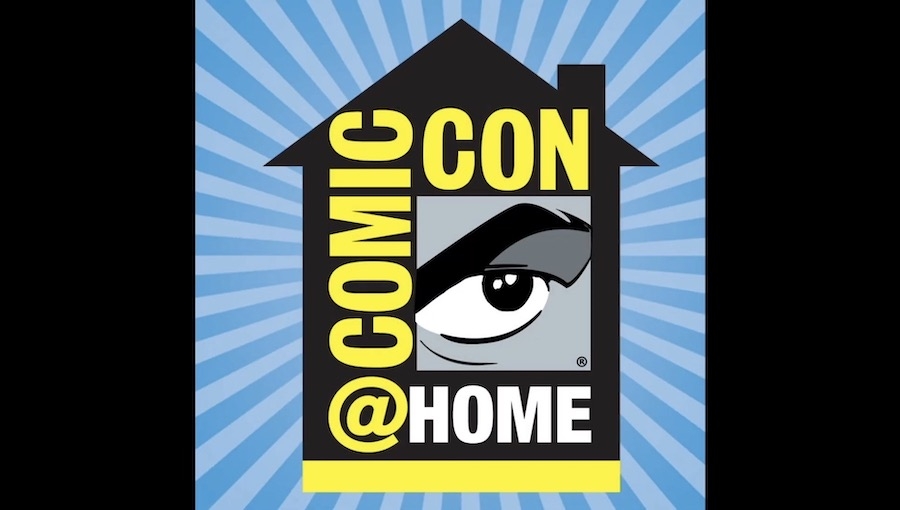As part of San Diego Comic-Con’s virtual Comic-Con@Home experience this year, I watched the GeekEd: College and the Nerd Mind panel which aired on Wednesday, July 22, at 5 p.m./PST via the convention’s YouTube channel. For those unfamiliar, GeekEd is a group of education professionals who want to explore the intersection of education and popular culture. The panel featured educators and mental health professionals sharing how they have applied their passion for fandom and the lessons they’ve learned from superhero stories to develop new best practices in their service to students, especially during these challenging times with the impact of COVID-19.
The lineup of panelists included Dr. Drea Letamendi (Associate Director of Mental Health Training, Intervention, and Response – UCLA / co-host of The Arkham Sessions podcast), Jeremy Parker (Interim College Programs Coordinator – UCSC), and Dr. Aaron Jones (Associate Director for Black Student Success – UCSC), and the panel was led by Alfred Day (Associate Dean of Students – UC Berkeley). The conversation began with each panelist not only introducing their respective educational and/or mental health professional roles, but also noting their own favorite fandoms and pop culture identities. This provided a seamless segue into the conversation, as the discussion dived into how individuals define and identify geek identity, acknowledging the challenges that geek identities can create: namely finding their place within a larger geek community while also individualizing their own personal identity, likes, and dislikes. Finding that balance can be even more challenging to tackle when students begin their collegiate journey, as many are often trying to get to know themselves and self-actualize while adjusting to their course load and possibly event a full- or part-time job.
While pop culture fandoms (a.k.a. geek culture) have become more mainstream and accepted, there still exists a stigma with geek culture that it is somehow childish or unprofessional; however, these incredible panelists are evidence of how foundational pop culture and geek identity can be in not only better understanding ourselves, but also understanding and empathizing with others and healing from past trauma — truly emphasizing our own initiative here at Fanbase Press to highlight why #StoriesMatter. In fact, the panelists discussed their applied practices in acknowledging students’ geek identities when they arrive on campus and utilizing those identities to help them cope with the various challenges that they may facing in their collegiate experience. An added layer of necessity for the panelists is keeping in mind their students’ intersectional identities and finding positive examples of pop culture that may help them to actualize who they are to ensure a healthy mental and emotional well-being, even when those pop culture examples may not mirror their own lived experiences.
Overall, the panelists’ own passion for melding pop culture with evidence-based mental health best practices to help students was palpable, and I hope that viewers were able to take away as many helpful lessons as I did. Viewers who may have missed the panel when it aired may now view the panel on Comic-Con’s YouTube channel for free.

